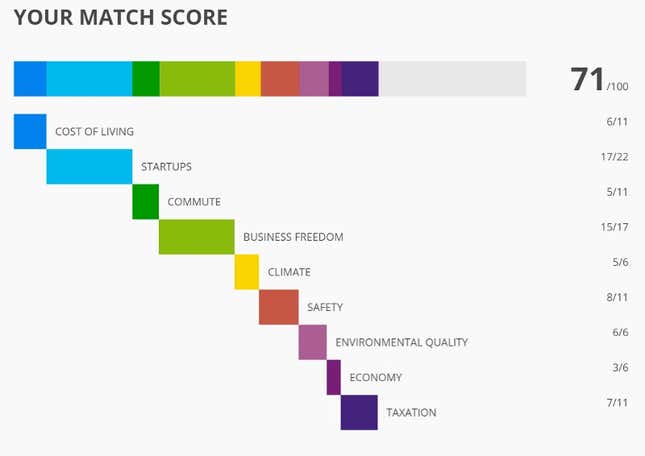According to Elon Musk, in three to five years, we’ll most likely overcome most of the technical challenges for fully autonomous cars. Although it will take many more years to overcome the regulatory friction of getting those cars on the street, it is quite feasible that in terms of computational readiness, we’re only a handful of years away from having AI move us around on the streets.
Here I’d like to make a prediction, that before that, AI will get involved in human mobility and migration.
When I talk about AI, I do not mean artificial general intelligence or strong AI (some artificial super brain capable of human level intelligence moving us around like chess pieces), but applied or weak AI — computational agents that exhibit problem solving abilities in restricted domains that we typically assume require intelligence.
The notion of AI reorganizing humans came to me when I heard Sam Altman’s fascinating example that AI is already breeding humans. There are thousands of kids born to couples that found each other on internet dating sites and since often the matching algorithms on those sites are based on machine learning and artificial intelligence, then we effectively have: AI involved in the matter of whose DNA gets mixed.
Be it the fuzzy logic controller in you cars gearbox or the airlines scheduling algorithms — AI has been involved in moving people around for quite some time now. How many decisions do you think are made based on weather forecasts — who (or should I say what?) do you think makes those predictions?
Be it Siri, your Google search or your credit card transactions — most of us are ignorant to the touch-points of AI in our lives. Sam and Elon’s interview has helped me see how the symbiotic relationship between AI algorithms and mankind has already helped shape the last decade of our lives.
In 2006, I trained a simple feed-forward neural network that made predictions about expected call quality on Skype. That tiny little AI algorithm ended up in hundreds of millions of computers around the world, effectively getting AI involved in where your Skype calls get routed through over the peer to peer overlay network.
My point here is that my poorly trained neural network was surely sub-optimal for parts of the network and hence AI was involved in who’s relationship survived and whose didn’t (network latency has significant impact into how strainful communications are).
What does this all have to do with human migration?
Today we’re building software that helps people figure out where to live and how to get there. In short, a dating site between people and locations.
Our vision is to make moving so easy and information about life quality so transparent that we would end up with a world where countries and cities compete for each citizen (not vice versa).
Competing governments, special economic zones and freely moving people might actually be just what we need to to get over the regulatory hurdles of putting autonomous cars on the street everywhere (economic prosperity and improved life quality in progressive places can be magnetic to new citizens).
You’re probably used to seeing at least one “Best Places in the World for X” post on social networks every week. We’re so keen on getting that one quick answer without effort that we fail to realize this question can not be answered without taking into account who is asking.
- Is San Francisco the best place in the world for startups? — Not if you’re on a tight budget and don’t have a network.
- Is Helsinki the best place for a career in the mobile gaming industry? — Not if vitamin D deficiency (amplified by lack of sunlight) has more significant implications on your health than for most others.
- Is Hong Kong the best place for your hardware startup? — Not if the CEO’s most efficient means of recharging his batteries is downhill skiing.
Not only are intricate details of who is asking important to the question, but also when are they asking it. A perfect destination today might not make it to the list a year later when things have changed in your life.

Matching people to locations is hard — there are more things to account for than might be feasible to code into a human understandable model. Although today we’ve managed to keep things simple and are missing a purely machine learning driven parameter from our search, I’m more than convinced that in the very near future we will need to resort to AI to help guide people’s search into where to live (our first tests are quite encouraging).
All in all we’re all just inefficient computational machines running on wetware and largely biased by evolutionary adaptations more suited to the hunter-gatherer era, so getting AI involved in our next wave of migrations might not be such a bad thing.
This post originally appeared on Medium. @keskkyla is a co-founder of Teleport helping people find and move to their best place to live.
